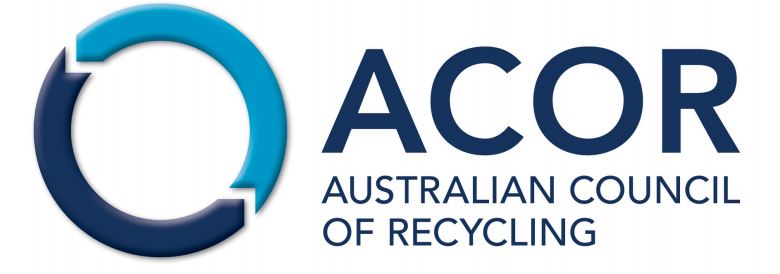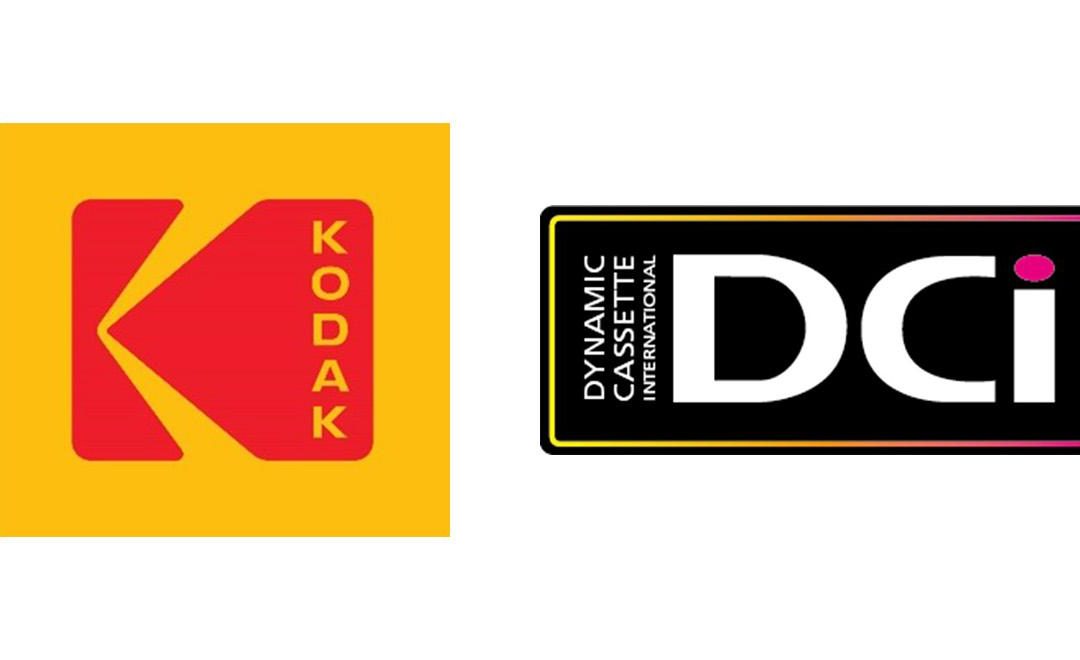 The Australian Council of Recycling has published its ten-point plan for results-based recycling, as it attempts to “take charge of making change.”
The Australian Council of Recycling has published its ten-point plan for results-based recycling, as it attempts to “take charge of making change.”
“We are now at a crossroads,” the organisation declares, explaining that “Australia is currently ranked about 17th in the world for recycling, and recycling rates are stagnant.” ACOR adds that this also means stagnation in jobs in the industry, situations exacerbated by the much-publicised China ban earlier this year.
ACOR describes its goal (“a big goal”) as “100 percent recovery of recyclable, compostable, reusable, or recoverable materials,” aligning this goal with Australia’s new national recycling targets in public policy.
Resultantly, the company has published its “practical and positive” ten-point plan, “for investment in the improvement, innovation, and infrastructure of the recycling industry,” citing surveys suggesting 90 percent of the country’s population support such a plan.
The points covered in the plan include: Reforming waste levies so that the priority is raising “recycling, not revenue”; investing AU$1.5 billion ($1.06 billion/€926.3 million) of waste disposal levy funds into recycling; and making “end-of-life producer responsibility the key way to prevent pollution and pay for recycling in a circular economy.”
Further points cover such areas as building a sustainable domestic recycling sector, through a “national industry development focus,” encompassing the immediate introduction of a landfill ban on e-waste and batteries; the introduction of a Resource Recovery Incentive for Industry, with differing tax levels for virgin and recycled content material usage in major product manufacturing and importation; and increasing the contestability in recycling markets.
Additionally, ACOR proposes the use of “common sense” to standardise recycling methods, including a clear definition of scope and preferred practice collection methodologies; greater harnessing of the greenhouse gas reduction benefits that come with recycling; and using more energy recovered from residual waste for affordable and sustainable energy.
Finally, ACOR hopes to improve government approaches to planning, regulation and enforcement of waste processing and resource recovery, including facilities, classification, and even education.
To read the organisation’s ten-point plan in full, click here.









